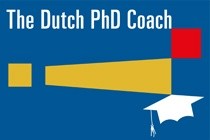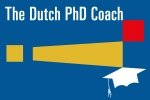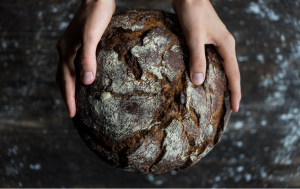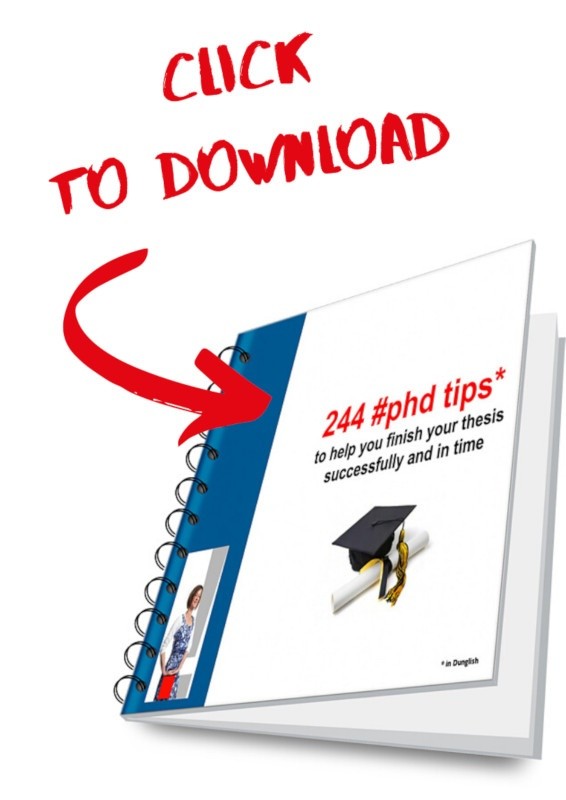Suppose you want to learn how to bake bread. You look for someone to teach you and find Charles, a wiry, enthusiastic master baker with traditional checkered baker’s trousers who is eager to get started with you. He has won various awards, been featured in professional magazines, and presents at baking conferences. You couldn’t ask for a better mentor, right?
You visit him at the agreed time, full of expectation, and ask, “Baker Charles, what’s the first step?”
“Just bake a loaf.”
What?
“But Baker Charles, how do I do that?”
Charles places flour, a jug of water, yeast, and salt on the baker’s table. “You might also use some seeds or nuts. Enjoy!”
Well, if Baker Charles were to behave like this during your bread baking lesson, you’d likely be very disappointed and look for another mentor, one who tells you what steps to take and in what order.
Yet, what Baker Charles does is precisely what often happens with PhD students: you’re set to work without knowing what to do: “Just draft a research proposal.”

It won’t really come to that, will it?
Well, maybe we should talk about that sometime. What I encounter in practice is that many PhD students mainly receive guidance focused on content – for this bread, spelt flour would be better than a mix of wholemeal and wheat flour – and not on the process. But if your process isn’t in order, your PhD journey won’t end well: a well-structured and efficient process lays the foundation for high-quality content outcomes. What PhD students want is to learn how to tackle the PhD process.
But can you really do a PhD without a focus on content?
Some say you can’t do a PhD without focusing on content. They argue that the essence of a PhD lies in making an original contribution to the field, and without deep content exploration, this contribution cannot be achieved.
While content is undeniably important, in my view, the PhD process is the backbone of the entire journey. A well-structured process ensures clear goals, time management, and effective guidance. This, in turn, enhances the quality of the content output. Without a solid process, content gets lost in inefficiency and unstructured efforts. And no bread ends up on the table.
What does that process involve?
A strong PhD process includes aspects such as drafting a clear research plan, efficiently managing time, energy management, learning about the writing process, setting up collaboration agreements, and regularly evaluating progress. Focusing on the process helps you as a PhD student to stay focused on your research goals, but also allows for flexibility and adjustment when needed. Moreover, a good process helps in dealing with the inevitable challenges and setbacks that come with a long-term research project.
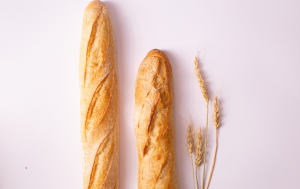 Still not convinced?
Still not convinced?
Imagine Peter, an enthusiastic second-year PhD student, who focuses entirely on data collection. He organizes, arranges meetings, goes out, puts in a lot of work.
Without a clear plan for how this data fits into a larger research framework, Peter might end up spending a lot of time collecting worthless data. Can he answer his research question with this data? Has there been careful thought about operationalization, methodology? And how can Peter ever analyze and integrate this data properly into the overall research?
Peter would get lost in details without ever forming a coherent whole. On the other hand, if Peter starts with a solid process approach, he can work systematically, allowing the content to unfold naturally and structurally.
Or perhaps you recognize yourself in Sandra, an external PhD student, once successfully graduated but now working outside the university for years. How should she deal with “write an article first, then we’ll talk”?
Process is the foundation
While the content of a PhD is essential, the process forms the basis on which this content can thrive. By prioritizing the process, you as a PhD student can ensure that your work is not only strong in content but also presented in a coherent, well-structured, and ultimately more impactful manner. It’s the synergy between process and content that ultimately leads to successful PhD completion.
Talk to your supervisor if you feel that there is not enough focus on the process. Scheduling a meeting that focuses solely on the process is a good start. Ask how to bake that bread – and make toast out of it!
